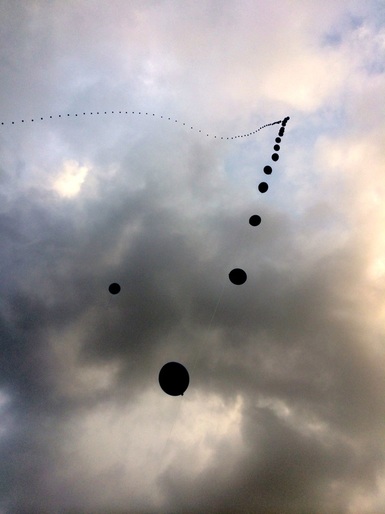|
This post was originally made about a year ago on October 10, 2014 on the Ecoevolab blog (ecoevolab.com). A post from my labmate yesterday linked me to this post, and I was struck by how it still resonates with me.
I’m confident in making the claim that most ecologists have wanderlust. Science progresses because of observation and curiosity; and observation and curiosity are both intrinsic to wanderlust. Sociologists have noted the importance of the term as it sits in opposition to structure and organization. As scientists have been herded indoors to spend more time on administrative tasks and to look for money rather than actually exploring and researching freely outside of “the system” (where most of us feel we truly belong), we have been made to have conversations addressing the importance of stupidity in science, researching efficiently, nurturing our creative genes, getting to know thyself, and feeling overwhelmed as a graduate student. Recently, after having some of these conversations around our department, I felt as though we kept talking about the same thing. Don’t get me wrong; each of these conversations was unique and constructive in some way (and there are, of course, strategies to independently tackle these problems). But, I kept thinking about the pink sticky note on my desk. Wanderlust has always been a very whimsical and attractive word to me. Yet lately, after these conversations, the last syllable of the word (“lust”) started to trouble me. “Lust” is typically followed by the words “after” or “for” and usually implies that we can’t have it; that it is something we covet. In her book entitled “Wanderlust, A History of Walking”, Rebecca Solnit writes that “thinking is generally thought of as doing nothing in a production-oriented society, and doing nothing is hard to do. It’s best done by disguising it as doing something, and the something closest to doing nothing is walking.” And there is the problem. Doing nothing but thinking is defensible, but we have to defend ourselves to do it. As Solnit suggests, if we could all do a bit more thinking (real thinking), disguised in an activity that I think we ecologists all innately wish to be doing anyway (walking), I think the issues we spent time discussing can become lesser-issues. For example, on feeling stupid in science: the more I think, the more clueless I feel, and the more comfortable I am with that, the more I feel like I belong in this world of science. Maybe if we all spend more time walking, observing, and thinking, without podcasts or music blaring in our ears, we would all be more willing to accept and embrace the fact that we know very little. Maybe then, grad student morale takes a positive turn, research questions become more creative and interesting… or maybe none of that happens because we don’t come back indoors. As Solnit writes: Perhaps walking is best imagined as an ‘indicator species,’ to use an ecologist’s term. An indicator species signifies the health of an ecosystem, and its endangerment or diminishment can be an early warning sign of systemic trouble. Walking is an indicator species for various kinds of freedom and pleasures: free time, free and alluring space, and unhindered bodies. Wouldn’t it be nice if we could have what we lust after, a little bit more free time?
0 Comments
Leave a Reply. |
Let's see, shall we.CategoriesArchives
October 2020
|

 RSS Feed
RSS Feed